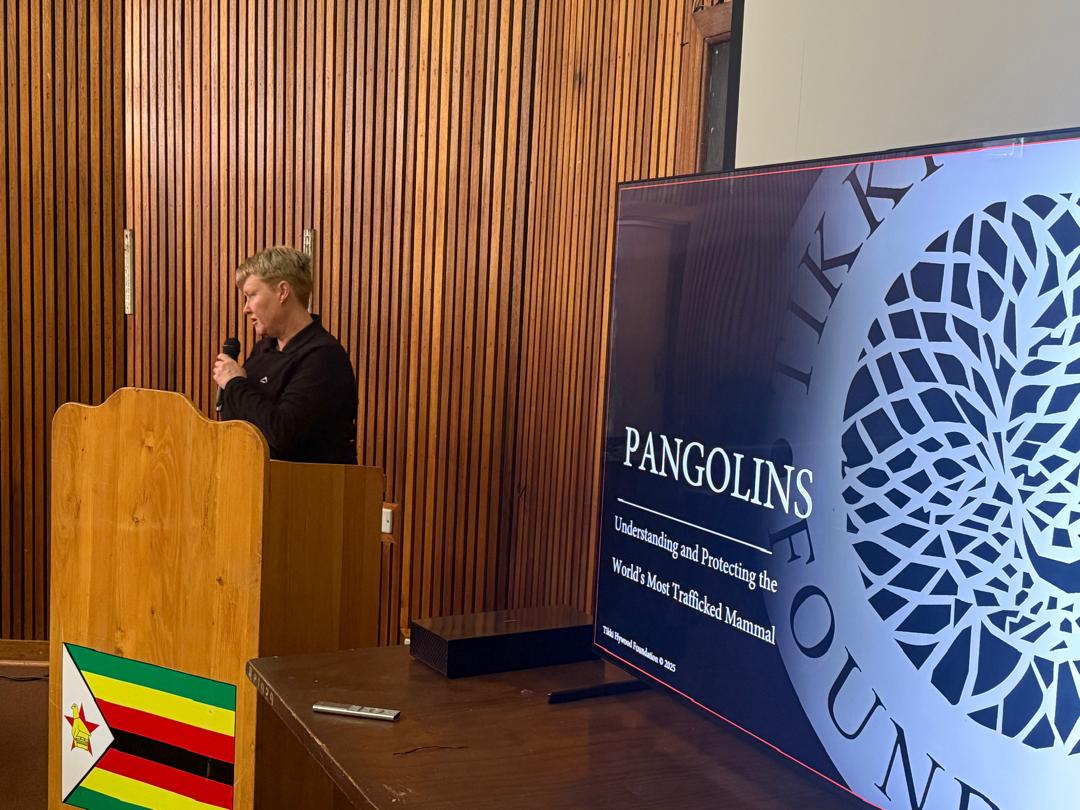 THE inclusion of local communities in international conservation dialogues has been cited as crucial, with stakeholders emphasising that decisions made at global forums have a direct bearing on community livelihoods and conservation outcomes.
THE inclusion of local communities in international conservation dialogues has been cited as crucial, with stakeholders emphasising that decisions made at global forums have a direct bearing on community livelihoods and conservation outcomes.
This emerged during a high-level stakeholders engagement convened in Harare this Tuesday, ahead of the 20th Conference of the Parties (CoP20) to the Convention on International Trade in Endangered Species of Wild Fauna and Flora (CITES), set for November in Samarkand, Uzbekistan.
Organised by the Zimbabwe Parks and Wildlife Management Authority (ZimParks), the meeting brought together key stakeholders from academia, conservation organisations, and government to map Zimbabwe’s position ahead of the landmark summit.
Participants expressed concern over the existing imbalances in global decision-making processes, where nations bearing the highest conservation burden often lack sufficient influence.
“The CoP has become a platform for those with stronger political and financial muscle. African countries, which host the bulk of the world’s elephants and rhinos, are rarely listened to. We hope that as SADC and Africa prepare for CoP20, we speak with one voice, guided by what works for us not by dictates from the Global North. We must find ways to support communities co-existing with wildlife while promoting sustainable economies,” Director of the Environment, Climate and Sustainable Development Institute at the University of Zimbabwe, said Professor Kefasi Nyikahadzoi said.
Chief Executive Officer of the Tikki Hywood Foundation, Ms Lisa Hywood, echoed the call for a shift in approach, highlighting the need to incentivise conservation.
“The world must acknowledge that wildlife comes with a cost. There must be a mechanism for legal trade that supports both conservation and community development. Trade in wildlife products, such as ivory, can generate vital revenue to support these goals,” she noted.
ZimParks spokesperson, Mr Tinashe Farawo, reiterated that communities are the frontline defenders of wildlife and deserve both a seat at the table and tangible benefits.
“Communities are the first line of defence in wildlife areas. We have armies who provide a security service to countries, and they are paid to do so. So why cannot communities derive benefits or incentives as they protect and defend their countries’ wildlife stock? Community voices need to be heard at international forums as decisions that are made at these forums have a direct impact on their livelihoods. As we prepare for this CITES COP20 that is on the agenda to have indigenous people and communities involved at international forums. And also prioritising investment in the protection of those population strongholds that are stable or increasing is vital because of their importance for the long-term viability and survival of the species across the continent,” he said.
The engagement also underscored the importance of regional unity, with SADC countries advocating for the resumption of commercial international ivory trade, the management of stockpiles, and support for closing the few remaining legal domestic ivory markets.
CITES is an international agreement between governments, established to ensure that trade in specimens of wild animals and plants does not threaten their survival.
The Conference of the Parties (CoP) is held every two to three years, providing a platform for member states to amend the appendices and review mechanisms to strengthen the Convention’s implementation.
This year’s CoP20 will run from November 24 to December 5 2025, where pressing issues including the resumption of the ivory trade and enhanced community participation will dominate discussions.

